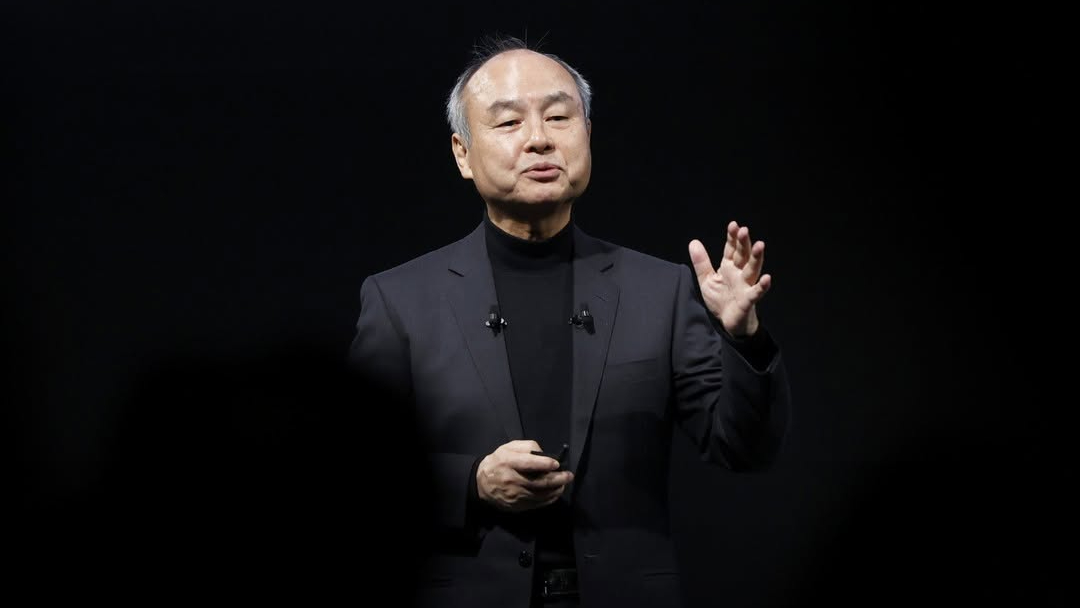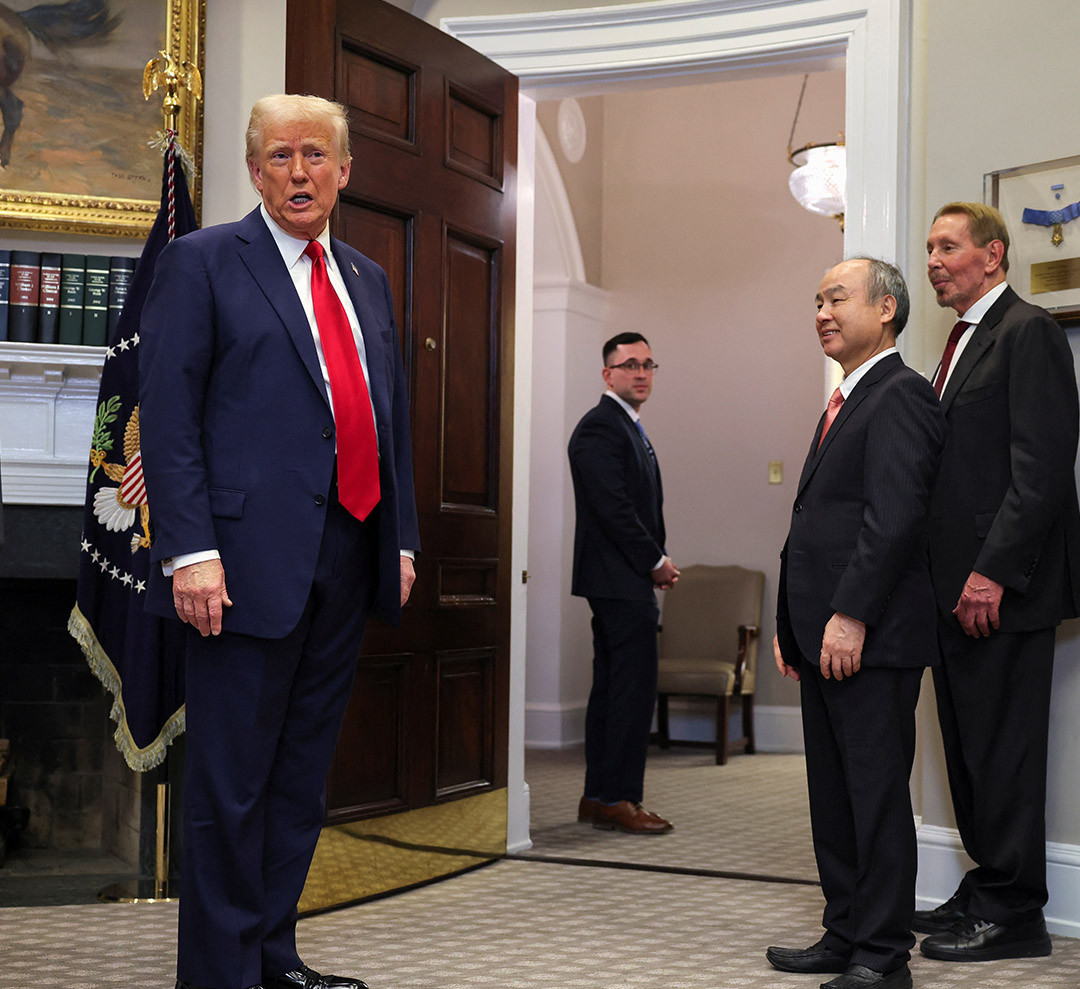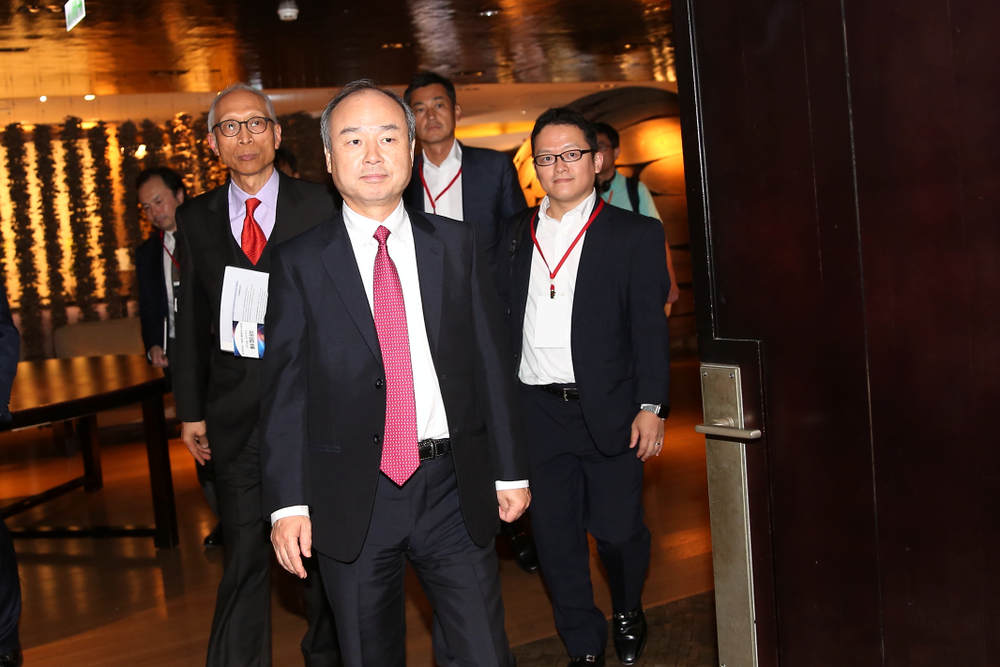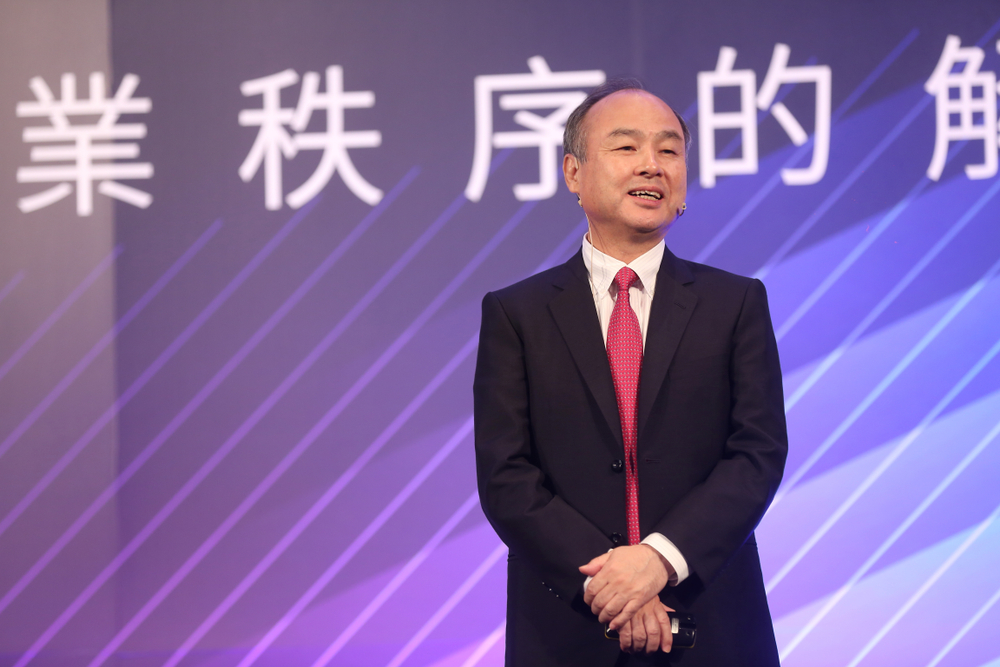The Billionaire Who Bet Big—and Lost: Masayoshi Son’s Rise, Fall & Redemption
The Tech World's Greatest Gambling Man
In the high-stakes casino of tech investing, nobody has played bigger hands than Masayoshi Son. The enigmatic founder and CEO of SoftBank transformed from industry visionary to cautionary tale—and possibly back again—in one of business's most dramatic sagas. With his signature black turtlenecks and cryptic pronouncements about 300-year business plans, Son built an empire by betting big on tomorrow's technology. But as any gambler knows, sometimes the house wins.
The Money Volcano Erupts
Son's approach to investing redefined what "going big" meant in venture capital. His $100 billion Vision Fund launched in 2017 with a strategy that could be summed up as: flood promising startups with more cash than they knew what to do with.
"If you don't raise a lot of money and invest more aggressively than your competitors, you risk falling into obscurity," Son once declared, channeling this philosophy into massive investments across the tech landscape. Uber received $7.7 billion. Indian e-commerce platform Flipkart: $2.5 billion. And most infamously, WeWork: $4.4 billion in a single investment round.
These weren't careful, measured bets—they were tsunamis of capital designed to drown competitors and accelerate growth at any cost. For a while, it worked spectacularly.

When Dreams Become Nightmares
The problem with handing out billions like candy? Eventually, somebody gets a stomachache. WeWork became the poster child for Vision Fund excess when its IPO filing revealed staggering losses, questionable business practices, and a corporate governance structure that gave founder Adam Neumann near-absolute control.
"The bigger the vision, the bigger the contradiction," Son once philosophized. Perhaps he didn't anticipate how perfectly this would describe WeWork's spectacular implosion. The office-sharing startup's valuation plummeted from $47 billion to under $10 billion almost overnight, taking Son's reputation—and a significant chunk of SoftBank's market value—with it.
Related: Inside Japan's Billionaire Club: The Top 5 Richest Tycoons of 2025
Related: How Tadashi Yanai Built Uniqlo Into a $30 Billion Global Empire
The Perfect Storm Hits SoftBank
If WeWork was a self-inflicted wound, what followed was more like a natural disaster. The global tech sell-off that began in late 2021 hammered SoftBank's portfolio of high-growth, low-profit tech darlings. Rising interest rates turned the financial tide against cash-burning startups. Then came inflation, recession fears, and a massive market correction.
The Vision Fund posted an eye-watering $27 billion loss in 2022. Son's personal fortune, which had once topped $45 billion, shrank dramatically. The man who had once proclaimed, "I'm a man who bets," was facing a table where most of his chips had vanished.

The Phoenix Strategy: Rebuilding from the Ashes
Business comebacks are rarely as dramatic as the falls that precede them. Son's path back hasn't involved grand pronouncements or splashy new mega-funds, but rather a surprisingly traditional approach to recovery:
- Strategic Asset Sales: SoftBank began offloading underperforming investments and even sold portions of its crown jewel, Alibaba.
- Focus on Fundamentals: The "grow at all costs" mantra was replaced with pressure on portfolio compaRenies to prioritize profitability.
- Doubling Down on Winners: Son redirected attention to Arm Holdings, the chip design company that SoftBank acquired in 2016 for $32 billion.
The Arm IPO in 2023 proved to be the turnaround story Son desperately needed. The successful public offering temporarily catapulted SoftBank shares to two-decade highs and provided validation that perhaps the oracle of tech investing hadn't completely lost his touch.
Related: The $50 Billion Gamble: How Masayoshi Son Revolutionized Tech Investment
The Wisdom in Wildness: Business Lessons from Son's Journey
Son's rollercoaster ride offers valuable insights for business leaders and investors alike:
Concentration Can Be Both Superpower and Kryptonite: Son's biggest wins (Alibaba) and losses (WeWork) came from concentrated bets. This strategy magnifies both successes and failures.
Market Timing Matters: Vision Fund deployed capital during a period of historically low interest rates and sky-high valuations—a temporary condition that couldn't last forever.
The Narrative Tax: Companies that succeed through storytelling eventually have to deliver on their promises. Son paid dearly for believing in narratives that couldn't withstand scrutiny.
Adaptability Trumps Conviction: Son's partial comeback stems from his willingness to abandon strategies that weren't working—a humbling but necessary pivot.

What's Next for Tech's Greatest Gambler?
At 66, Masayoshi Son shows no signs of retiring from the high-wire act of tech investing. SoftBank has hinted at a Vision Fund 2.0 focused heavily on artificial intelligence—a sector where Son's early conviction about transformative technology might finally align with market realities.
"I believe AI will redefine what humanity is," Son has proclaimed, signaling that while his approach might be more measured, his ambitions remain characteristically vast.
Whether this next chapter becomes a triumphant comeback or another cautionary tale, one thing is certain: in a business world increasingly dominated by algorithmic trading and data-driven decisions, Masayoshi Son remains gloriously, sometimes disastrously human—a reminder that at the highest levels of business, intuition, conviction, and courage still matter.
Conclusion
Masayoshi Son didn’t just bet big, he bet fearlessly. And while many of those bets backfired spectacularly, he didn’t fold. Instead, he doubled down on belief: in technology, in transformation, and in himself.
Yes, he lost billions. Yes, he was mocked, doubted, and written off. But he never let failure define him. Today, Son is still one of the richest men in Japan, the head of a restructured but powerful SoftBank, and a name synonymous with bold, unapologetic ambition in the tech world.
Love him or loathe him, you can't ignore him. Masayoshi Son reminds us all: in business, losing isn’t the end, quitting is.









